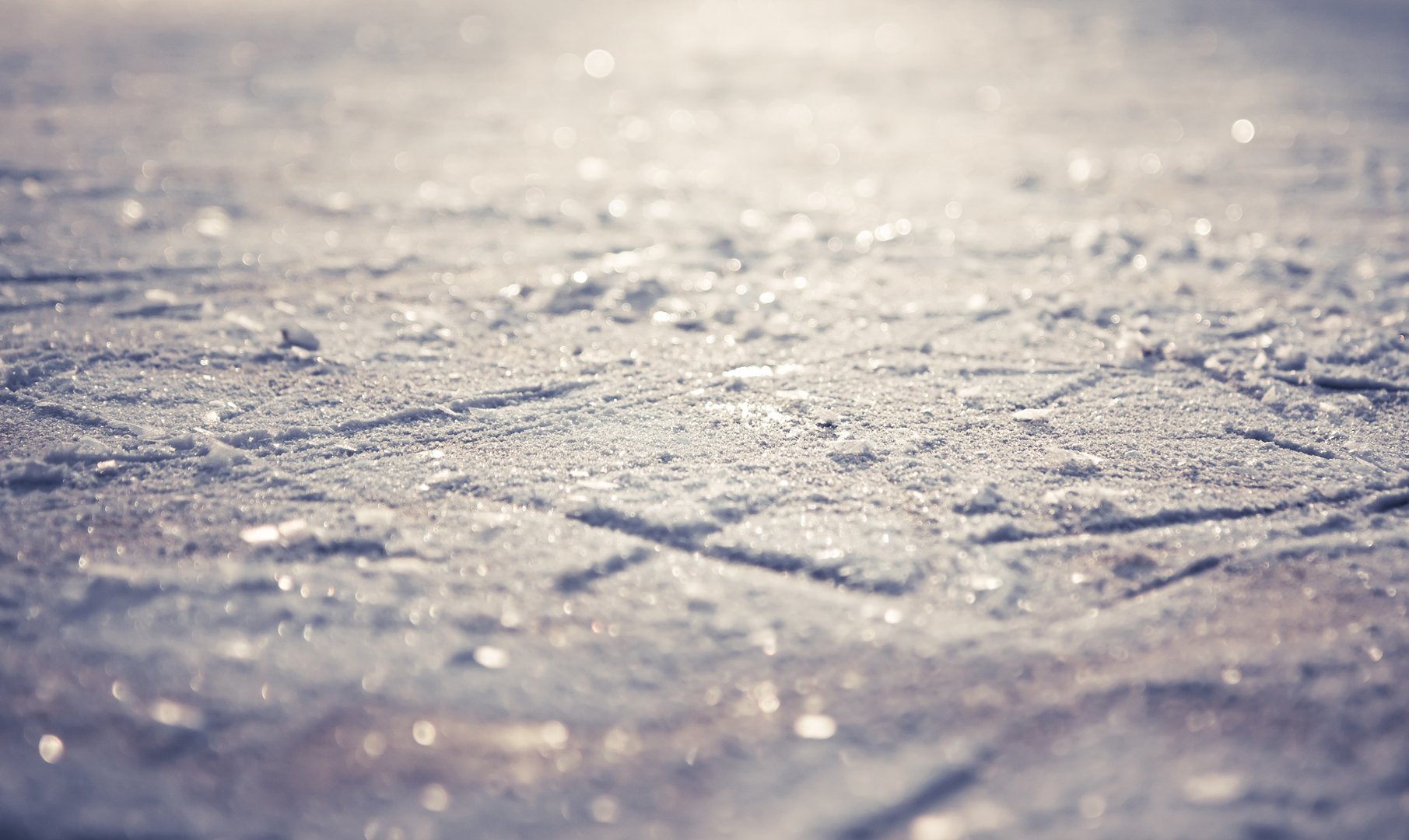Statement on the novel coronavirus disease, COVID-19.
Updated 3/10/2020
U.S. Figure Skating is closely monitoring current information provided by the Centers for Disease Control (CDC) and World Health Organization (WHO) regarding global and local activity and transmission of COVID-19. We are also in frequent contact with representatives from the International Skating Union (ISU) and United States Olympic and Paralympic Committee (USOPC) regarding recommendations for preparation of and travel to domestic and international figure skating events.
Host figure skating clubs, local organizing committees and venues should consult with local health authorities and follow their recommendation when making decisions regarding their events and competitions. U.S. Figure Skating continues to base its decisions on the most current CDC and WHO health guidance available, which at this time has not advised against holding sporting events.
Q: What steps can a figure skating club take to reduce risk of COVID-19?
U.S. Figure Skating does not currently recommend cancelation of test sessions, competitions, shows or other planned events. However, as reported cases of COVID-19 in the United States rapidly evolve, the organizer should consult with local health department officials regarding their event and follow their recommendations.
Organizing committees and figure skating clubs should take these steps to prevent the spread of illness:
- Ensure adequate soap and hand sanitizer throughout the venue
- Near concessions, food stands and hospitality areas
- At registration where papers, money and other goods change hands frequently
- In restrooms
- Clean frequently touched surfaces
- Encourage participants and spectators to stay home if they are sick
- Place signs reminding people to maintain personal distance, wash hands, etc.
Q: What is COVID-19?
COVID-19 is a respiratory illness caused by a novel virus in the coronavirus family, first identified in December 2019 in Wuhan, China, Hubei province. For most people, symptoms of COVID-19 are mild and may include fever, fatigue, and cough. The illness is spread person-to-person primarily through respiratory droplets, such as from a cough or sneeze. The virus also appears to be able to survive for a short period of time on surfaces. Illness may occur from touching the surface and then touching your mouth, nose or eyes. The illness most often spreads from close contact (within 6 feet) with someone who is sick. Most people with COVID-19 recover quickly without any special treatment. In some people, especially older persons and those with chronic medical conditions, the symptoms may be severe. Anyone with cough, fever and difficulty breathing should seek medical attention and notify their healthcare team of any recent travel or possible exposure to COVID-19.
Q: What can I do to prevent COVID-19?
While local and global activity of COVID-19 continues to expand, everyone can follow simple steps to prevent the spread of illness:
- Avoid close contact with anyone who has fever and cough
- Frequently clean your hands with soap and water for 20 seconds (sing the ABCs). You can also use alcohol-based hand sanitizer (if hands are not visibly dirty)
- Before eating anything, including snacks
- After using the restroom
- After coughing, sneezing, blowing your nose
- Avoid touching your face, mouth, eyes
- Avoid shaking hands
- When coughing and sneezing, cover mouth and nose with flexed elbow or tissue; throw tissue away immediately and wash hands
- Clean and disinfect frequently touched surfaces regularly (e.g. doorknobs, keyboards, phones, airplane arm rests and tray tables)
- A mask is NOT recommended for healthy people and should be reserved for those who are sick with symptoms of cough and fever and for healthcare workers. If used improperly, a mask can even spread the virus to healthy individuals
- Stay home from work or school if you are sick
Q: Should I cancel my travel plans within or outside of the United States?
While the WHO does not currently recommend cancelation of travel plans, the global spread of COVID-19 is rapidly evolving, with many companies and organizations recommending avoiding non-essential travel. Each individual should consult with their employer or school regarding specific measures that may be imposed if travel is considered, such as quarantine upon return. Individuals over the age of 60 years old and those with other health conditions who may be at high risk of more severe illness from COVID-19 should consult with their personal physician regarding travel plans.
Currently, the CDC has issued a Warning Level 3, Avoid Nonessential travel to select countries, including China, Iran, Italy and South Korea. Global spread of the illness continues and more locations may be added to this list.
Anyone returning from a location with a Level 3 travel advisory should follow a 14-day quarantine period upon return per CDC recommendations.
Continue to consult the CDC and WHO websites, as well as your local or state health department websites for the most current information regarding COVID-19 activity in your community.
- CDC Coronavirus Homepage
- World Health Organization
- U.S. Department of State Travel Advisory for COVID-19
If you have any questions, please email info@usfigureskating.org


